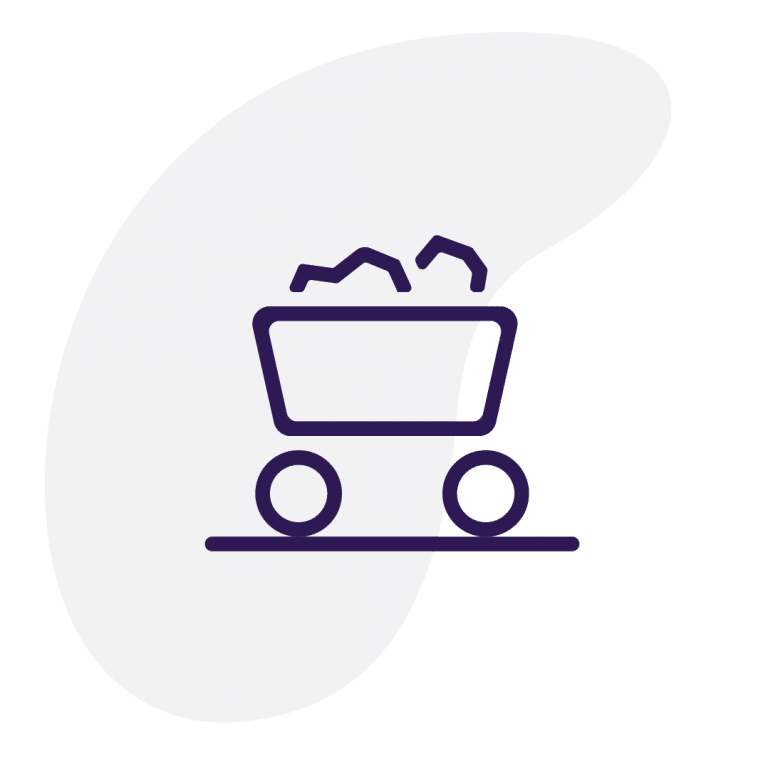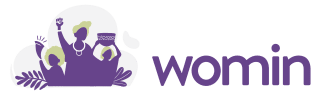
DevelopmentAL alternatives

Ecofeminist Alternatives to Development
Since its creation in 2013, WoMin has provided its analysis of the core nature of the problem with development, with a focus on the extractivist development model (or extractivism), which subjects economies of poor countries to the logic of large scale extraction, with no value addition, of usually non-renewable natural resources under highly unequal and exploitative conditions. WoMin contends that Africa and other parts of the global South are subject to another round of deepening colonisation as corporations and their host governments in the Global North and parts of the Global South chase the untapped and highly profitable frontiers of Africa’s mineral and natural wealth.
WoMin locates the multiple crises – economic, social, ecological and climate crises facing Africa and its people in this extractivist development system founded on production for profit which places nature in service of the minority of the world’s people. This extractivist development system meets patriarchy which subjects women to extreme exploitation of their labour and bodies, and often to sexualised violence. From the Niger Delta to the oil fields of Uganda to the diamond fields of Marange, Zimbabwe – women from affected communities endure sexualised violence, sexual harassment, threats of rape and rape by the military and private security.
WoMin’s programme on Advancing African Ecofeminist Development Alternatives (AAEDA) is supporting the construction of African development alternatives to destructive extractivism that are ecofeminist, post-extractivist and transformative. Ecofeminist theory has been a source of understanding for WoMin’s work, but most importantly, it is women activists on the ground who have been the lodestar guiding WoMin’s thinking and political strategies.
Women’s proposition for just development lies in their resistance to the violent encroachments of mining, oil and gas extraction and large-scale infrastructure, including mega-energy projects to defend their seeds, their autonomy, their forms of production, their community relations, and very importantly their interdependent relationship with nature without which they would not survive. They are saying NO to the deeply destructive extractivist model of development, and YES to the real and living alternatives in the ways they produce food, conserve and steward natural resources, and take care of their families and communities (WoMin 2020).
WoMin considers that as ideas and concepts that can bind progressive anti-capitalist and feminist movements together across sectors and borders, climate justice and the just transition from an African Ecofeminist perspective are also important alternatives to the hegemonic development model. This entails building African ecofeminist perspectives, conceptualizing, and advancing an African Ecofeminist concept of the Just Transition, defining just renewable energy alternatives, and supporting the democratization of decision-making through struggles for consent rights of women and their communities.
Under the AAEDA programme, a Pan-African movement for ecofeminist alternatives to development is in deep construction and given expression through local struggles and platforms of convergence, such as for the African Ecofeminist Just Transition, as well as the building of dreams and imaginations for a better future from below with women across the continent who bear the costs of the destructive extractivist and capitalist development system. In supporting feminist organizing and movement-building we assist peasant and working-class women advance alternative power, claim their development sovereignty, and build their imagination and proposals for a different Africa.
Working with Women to Dream and Imagine Ecofeminist Futures
WoMin has initiated a Pan African project which aims to support rural and marginalized women across the continent to dream and imagine a different community, nation and Africa; to identify and support living alternatives, and to build a collective vision expressed through an African Ecofeminist Charter for Just Transition and Alternatives to Development. Read more about this process.

